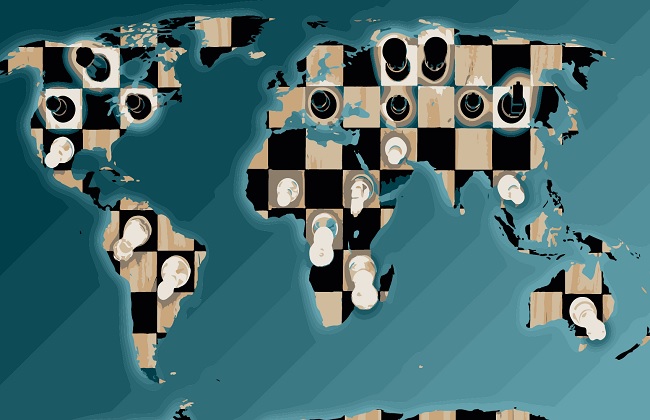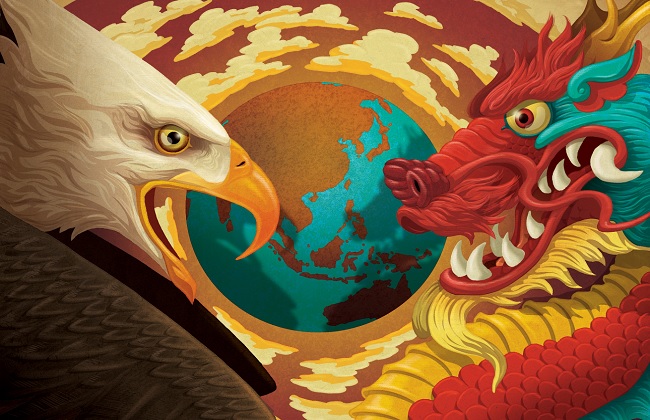The new geopolitics after the first Cold War undermines peace, sustainability, and human development. Hegemonic priorities continue to threaten humanity’s well-being and prospects for progress. End of first Cold War The end of the first Cold War has been interpreted in various ways, most commonly as a US triumph. Francis Fukuyama famously
Author: Jomo Kwame Sundaram, IPS
New approaches urgently needed to tackle resurgent social crises
Despite uneven economic recovery since the pandemic, poverty, inequality, and food insecurity continue to worsen, including in the Asia-Pacific region, which used to fare better than the rest of the Global South. Food matters These trends are not new but have been around for some time. Food security has deteriorated worldwide for
Western finance ruining economies of the rest
Western financial policies have been squeezing economies worldwide. After being urged to borrow commercial finance heavily, developing countries now struggle with contractionary Western monetary policies. Central banks ‘Unconventional monetary measures’ in the West helped offset the world economic slowdown after the 2008 global financial crisis. Higher interest rates have worsened contractions, debt distress,
World inequality still rising despite some convergence
Despite earlier income convergence among nations, many low-income countries (LICs) and people are falling further behind. Worse, the number of poor and hungry has been increasing again after declining for decades. After the post-Second World War ‘Golden Age’ ended over half a century ago, the world has seen unequal and uneven
Net zero by 2050 delays needed urgent climate action
Net zero emissions by 2050 prioritise mitigation for climate stabilisation. Pledges to achieve this still distant target have grown but inadvertently delay urgently needed climate action in the near term. Net Zero The 1992 United Nations Framework Convention on Climate Change (UNFCCC) committed to “the stabilization of greenhouse gas [GHG] concentrations in
The Global South in the new cold war
Marginalised and dominated economically by the Global North, developing countries must urgently cooperate to better strive for their shared interests in achieving world peace and sustainable development. Cold War rivalry During the first Cold War between the US, NATO, and other allies, on the one hand, and the Soviet Union and its
US Fed-induced world stagnation deepens debt distress
For some time, most multilateral financial institutions have urged developing countries to borrow commercially, but not from China. Now, borrowers are stuck in debt traps with little prospect of escape. More debt, less growth since 2008 The last decade and a half has seen protracted worldwide stagnation, with some economies and people
Chronicle of a catastrophe foretold
The IMF warns of a decade ahead of ‘tepid growth’ and ‘popular discontent’, with the poorest economies worst off. But as with inaction on Gaza, little is being done multilaterally to avert the imminent catastrophe. Grim IMF prognosis Noting the world economy has lost $3.3 trillion since 2020, International Monetary Fund (IMF)
Rich nation hypocrisy accelerating global heating
Rich nations’ climate hypocrisy is accelerating global heating, pushing the planet closer to irreversible catastrophe, with its worst consequences borne by the poorest, both countries and peoples. Climate injustice While official and other discourses acknowledge or even invoke the need for collective responsibility, the disparity in culpability between wealthy nations and the
Developing countries’ government debt crises loom larger
Developing countries are being blamed for having borrowed and spent irresponsibly. But they have only been doing what foreign powers and financial interests have urged them to do. Since the 2008 global financial crisis, developing nations have been told to borrow massively from private finance, even at exorbitant interest rates, to








